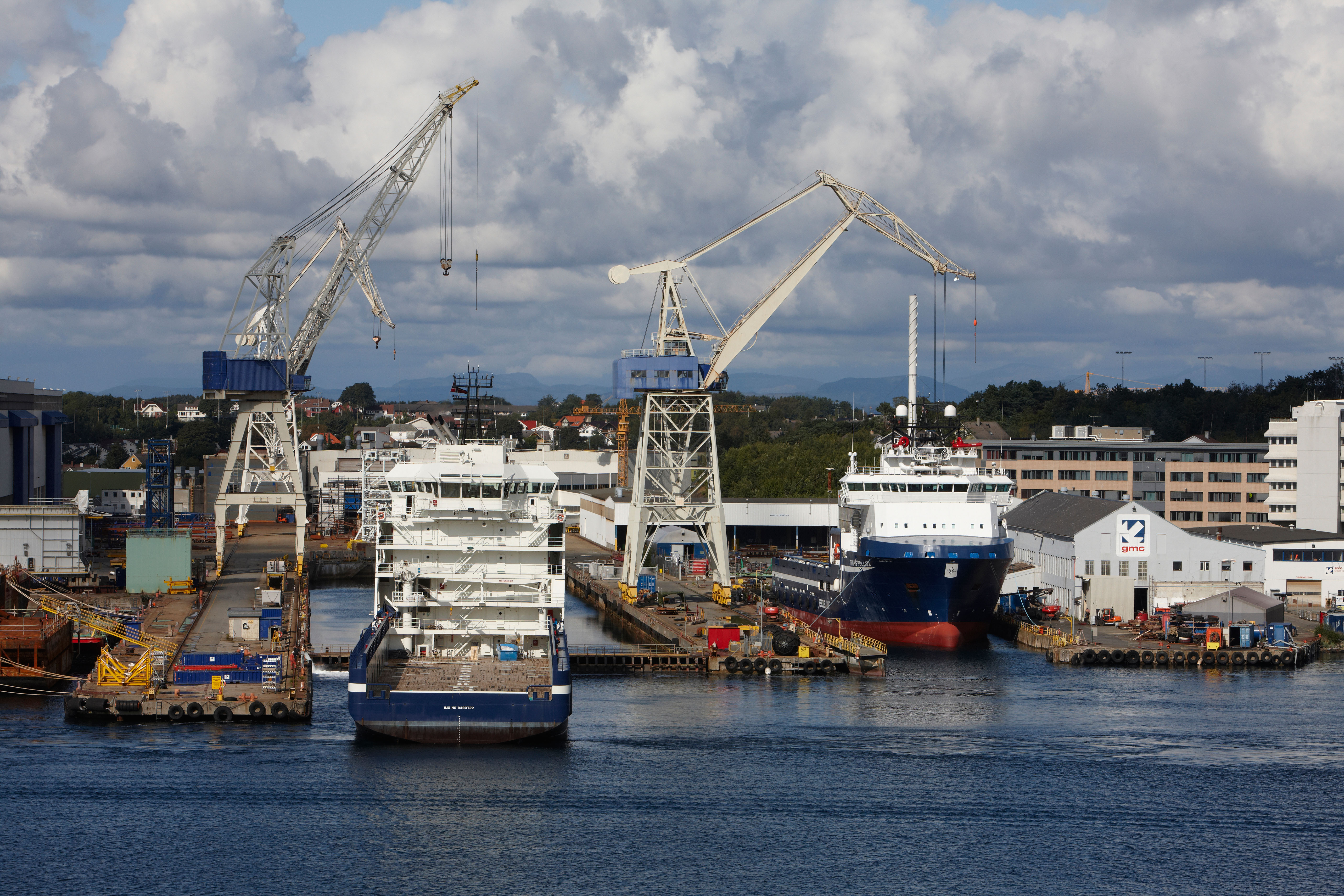Sarah McLean
,
Lead Content Manager
Author
, Published on
September 19, 2025
No items found.

Reporting fatigue? Stay ahead of regulatory compliance without the burden falling on your crew
.jpg)
In January this year, the FuelEU Maritime regulation came into force for ships over 5,000 tons. This is just the latest in a string of maritime regulations that are having an impact on the global fleet. But with these regulations comes increased reporting requirements and admin tasks. Digital reporting is the only way to ensure the burden of these increased requirements does not fall on your crew.
With Spinergie’s digital reporting capabilities, under the Smart Fleet Management solution, you can reduce the amount of manual input and the risk of rework due to simple mistakes that can cascade through traditional systems before being fixed. And, crucially, the solution is built to fix your operations, not the other way around.
Here are the key features Smart Fleet Management clients are using as they adapt to changing market demands and compliance requirements.
With a user-friendly interface, automated field population and guided entry for any manual input, Vessel Reporting ensures that crucial data is accurately captured for every report.
Bespoke multi-source input takes your operational needs and crew processes into account but usually includes sensor and AIS/GIS tracking to automatically populate a number of fields.
For the remaining fields that require manual input, checks and thresholds mean mistakes are flagged at the point of entry. Searching through vast spreadsheets to pinpoint and amend just one wrong entry is a thing of the past with digital reporting.
And finally? Data only has to be entered once but will go on to fill multiple reports that will be sent automatically to the relevant party, including verification services.
This process saves up to 90% of the time crews spend on reporting tasks, leaving them free to get on with the real work of running the ship.

Spinergie is proud to be a DNV-integrated partner with all reports generated using Smart Fleet Management automatically submitted to be verified with DNV’s Veracity.
Read More: Spinergie and Veracity by DNV strategic partnership enhances emissions reporting
Enforcing the mandatory fields required for each regulation ensures that this data is stored as a matter of daily practice within a fully secure environment.
For example, under EU-MRV, Vessel Reporting captures key data fields as standard, including:
For regulations with differing requirements, such as IMO-DCS, the system captures:
Reports are automatically structured according to the necessary format for each regulation, minimizing user input.
Additionally, they can be automatically submitted to flag administrations or other authorized organizations, as required.
The benefits of digital Vessel Reporting don’t end with a more efficient reporting and compliance process. With more accurate data, shipowners will be able to identify inefficiencies on a vessel or whole-fleet basis using the analytics generated from reported data.
Customized KPIs and performance analysis are gathered in a single dashboard making it easy to compare and contrast the fleet to pinpoint any areas of under performance. Crucially, once those discoveries are made, the granular details and context (weather, wave, speed, etc.) that is also gathered, can help users understand why a vessel has been underperforming. With that detail in hand you can be confident in taking immediate action to rectify the situation.

With data points and analytics secured, users are equipped with the reliable information they need to adapt plans and operations to suit their compliance targets. For compliance, this could mean understanding what steps to take to avoid non-compliance, whether assigning ships to a banking or borrowing situation or assessing any pooling needs.
Regulatory compliance presents a significant challenge for maritime players. To meet their ambitious targets and stringent requirements, shipowners must accurately collect and report a vast array of data points related to operations and fuel consumption.
But Vessel Reporting offers a comprehensive solution to this challenge. By automating data collection, ensuring data accuracy, and providing real-time analytics, you will have the tools you need to streamline compliance, optimize operations, and achieve sustainable, regulatory-compliant practices. Furthermore, the solution adapts along with your operations and regulations, meaning there is no need for drastic overhauls or learning new systems with each change.
Ready to find out more about how Smart Fleet Management can help you stay on top of your reporting and regulatory compliance? Get in touch.

.jpg)
Smart Fleet Management integrates helicopter tracking, reporting, and performance analysis.

OSV specifications are shaped by shifting global cycles and regional operating needs, with AHTS defined by power and PSVs by deck area. In this article, offshore energy analyst Eloïse Ducreux explores how these dynamics have influenced fleet design and demand across offshore markets.